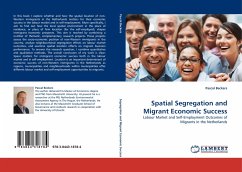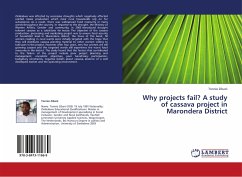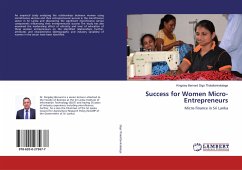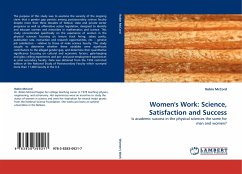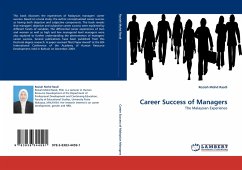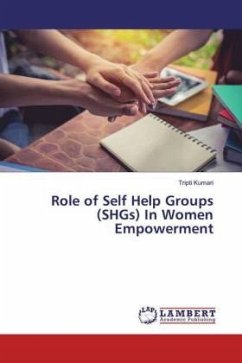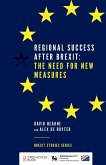In this book I explore whether and how the spatial location of non-Western immigrants in the Netherlands matters for their economic success in the labour market and in self-employment. More specifically, I aim to find out how the local spatial environment in the place of residence, or place of firm location (for the self-employed), shapes immigrant economic prospects. This aim is reached by combining a number of thematic, complementary research projects. These projects assess the socio-economic position of non-Western immigrants in the country, analyse neighbourhood segregation effects on labour market outcomes, and examine spatial location effects on migrant business performance. To answer the research question, I combine quantitative and qualitative methods. The overall conclusion of my work is clear: Space matters for immigrant economic success both in the labour market and in self-employment. Location is an important determinant of economic success of non-Western immigrants in the Netherlands as regions, municipalities and neighbourhoods within municipalities offer different labour market and self-employment opportunities to migrants.
Bitte wählen Sie Ihr Anliegen aus.
Rechnungen
Retourenschein anfordern
Bestellstatus
Storno

